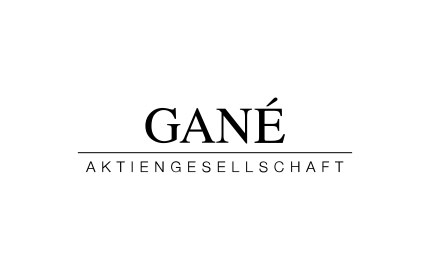The flow has dried up. Russia has stopped supplying gas to Europe via the Nord Stream 1 Baltic Sea pipeline on 31 August 2022. First, the delivery volumes were set back to 40 percent of the possible transport capacity, then to 20 percent and now to 0 percent. The Russian energy company Gazprom, majority shareholder and operator of the pipeline, cites technical reasons to justify the delivery stop in the economic war against the West. The German Minister for Economic Affairs assumes that the pipeline will not be reopened. The Russian side demands a lift of the “illegal sanctions” against the country and that Nord Stream 2 is put into operation. A solution amid Russia’s war of aggression against Ukraine is not in sight.
For industrial companies in Germany in particular, a prolonged supply-freeze would represent an enormous challenge. Therefore, the question on the minds of many capital market participants is: Is Germany facing a gas supply shortage?
55 percent of the gas consumed in Germany came from Russia in 2021. According to Eurostat, the European Union, as the largest single market in the world, consumes up to 500 billion cubic meters per year together with Great Britain. In the past three years, around 35 percent of this annual consumption was covered by Russian imports, according to the investment bank Goldman Sachs. Germany’s annual demand of 90 billion cubic meters of gas thus shows an above-average dependence on Russia compared to the rest of Europe. In the event of a permanent stop of supply, German gas storage facilities will, according to the forecast, be able to provide a short-term bridging aid only. Although the target of an 85 percent fill level was reached before the targeted 1 October 2022, the existing storage facilities only cover about 25 percent of Germany’s previous annual demand. The German government is therefore desperately looking for alternative sources of supply. Imports from reliable partners such as Norway are to be expanded, the use of coal-fired power plants extended and at the same time the demand for gas from industry and households continuously reduced. The construction of liquefied natural gas terminals, so-called LNG terminals, was approved in record time. Although the first completions are planned for the turn of the year 2022/2023, broad operational readiness for gas tankers to call at German ports is not scheduled until 2024. Nevertheless, commitments for future deliveries already have to be negotiated at high prices on a very tight world market.
Despite all these efforts, especially since up to 20 percent of the annual gas consumption in Germany is still used for power generation, neither politicians nor expert forecasters can currently rule out the possibility of gas shortages in Germany in 2023. For GANÉ, the motto will continue to be “stay out of trouble”. The focus remains on companies with low capital and low energy intensity and on “asset-light” business models.
Author:

